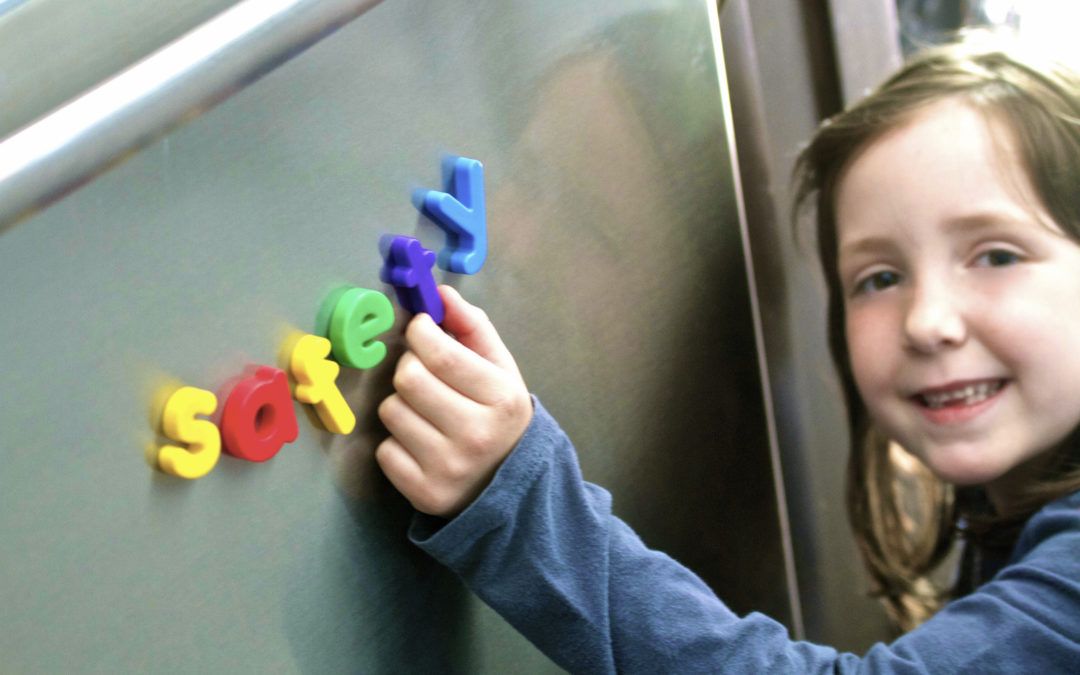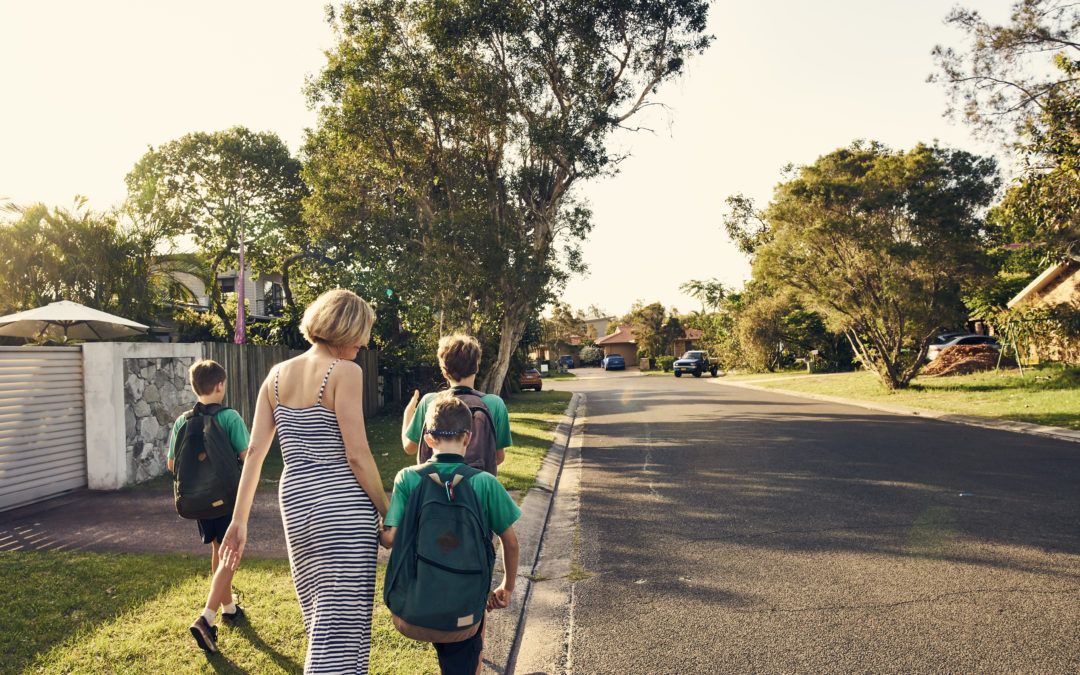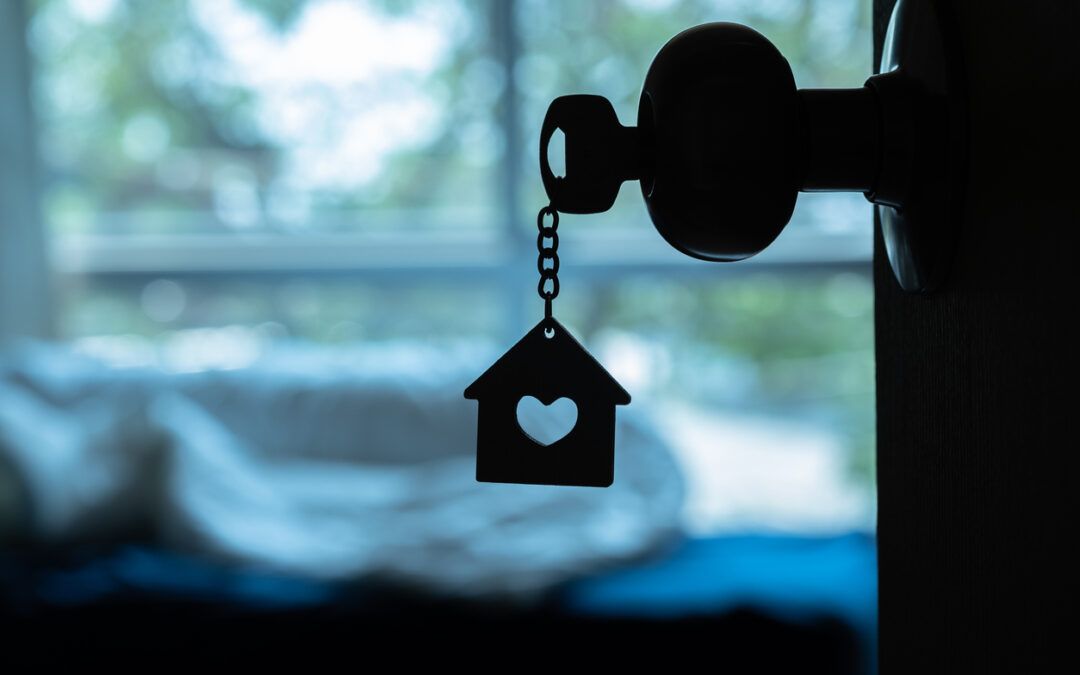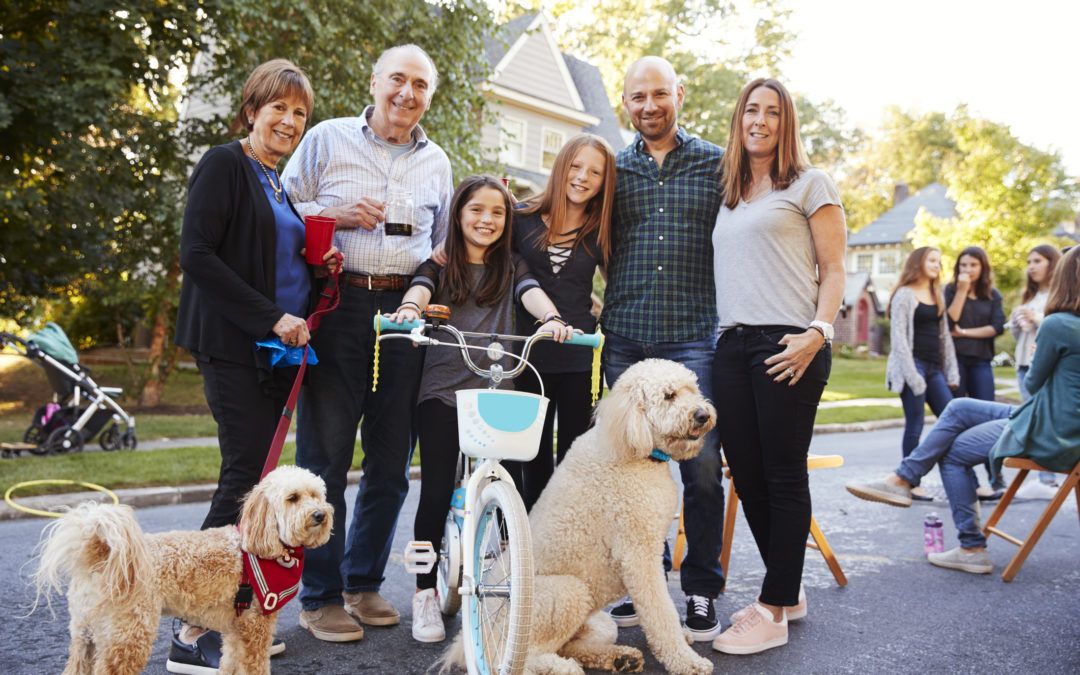Simple concepts like caring for and putting away valuables, and demonstrating a routine of shutting doors and windows when we leave the house, all contribute to making homes less of a target for thieves.
Encourage kids to take on a little responsibility and get them involved in everyday security habits to build their awareness and understanding of how to create a safer home environment.
The basics
Begin by talking to children about why it’s important to check that doors and windows are closed before going to bed, that lights have been turned off and pets are safely inside or in their shelter for the night.
If they see you locking up every evening and when you leave the home, and you include them in these activities, it will soon become second nature to them. This is something you can start doing with your kids from a very early age.
Dealing with phone calls and visitors
Instructing children not to answer the door to strangers and teaching them the best way to answer a phone is also recommended from an early age.
Children are naturally curious about who is calling or can get excited when they hear the sound of a doorbell, however it’s important they know how to handle these situations, and when an adult is needed.
By having a peephole installed or a security camera linked to your security system, children can see for themselves who is at the door before opening it.
Try to encourage kids not to answer the phone unless the caller ID shows it’s a trusted family member. When children are old enough to be left at home by themselves, make it clear they should never reveal to a caller that they’re home alone, or share any personal details including their name or address.
Prepare them for emergencies
Making sure children know whom to call when there’s an emergency is vital to ensure they feel safe at home. Have a full set of phone numbers including trusted friends and neighbours as well as the emergency services somewhere that they can easily find; such as on the fridge or near the phone.
Spend time explaining which numbers to call in certain circumstances and conduct a few emergency practice drills so that they know what to do in different scenarios.
Taking responsibility for their possessions
While most adults are mindful of not leaving valuable items lying around or in full view through a window, it’s important that kids learn to protect their prized possessions too.
Bikes are a great example; teach kids not to leave them in the front garden or on the driveway, and instead lock them away each night to avoid attention from opportunistic thieves. This will both help kids to form good security habits and also reinforces the importance of taking responsibility for their things.
While these actions may seem second nature to us, they won’t be instinctive to young children unless we guide them. Always show them what you’re doing and why, training them from an early age to develop positive security habits.





